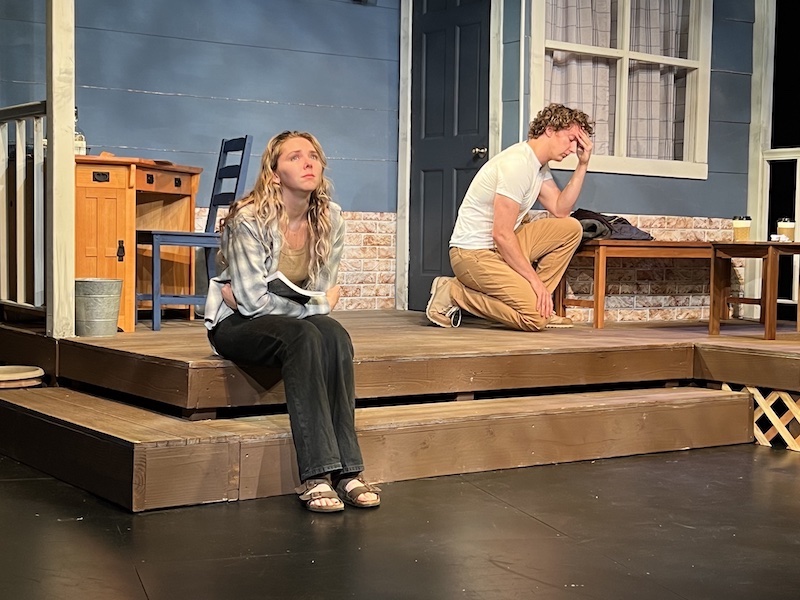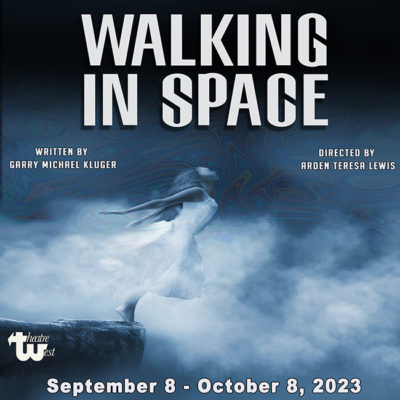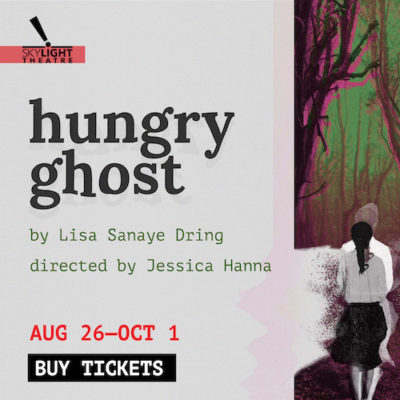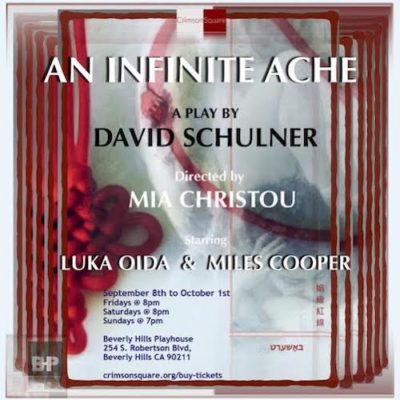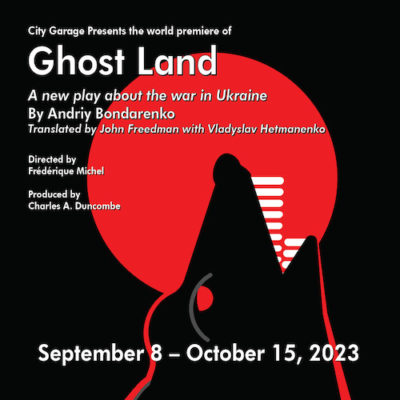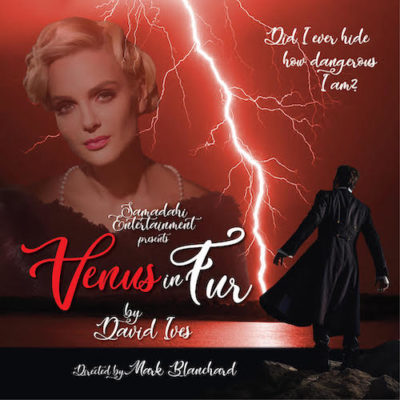Proof
Reviewed by Steven Leigh Morris
Dig Deep Theatre/Olive Branch Theatricals at The Main
Through August 20
RECOMMENDED
David Auburn’s 2000 drama, Proof, (originally produced by the Manhattan Theatre Club) received the Pulitzer Prize for Drama and Tony Award for Best Play in what must have been a very slow year. New plays that hurtle around the regional theaters come in trends, and among the favored topics of the early ‘naughts were plays about math and science, and mathematicians and scientists — in response, perhaps, to plays about family dysfunction, an earlier trend.
(The current trend would be works, play after play, glomming onto identity politics and social justice. It’s been said that this has contributed to the death spiral of regional theaters, but that’s probably an over-statement.)
Proof is a perfectly good play that provided a potent vehicle for Mary Louise-Parker in the U.S., and Gwyneth Paltrow in the UK. It is, however, something of a pretender — pretending to be about something it’s not: mathematics.
The pretense stems from a central character named Robert (Daniel T. McCann), who was/is a quasi-genius mathematician at the University of Chicago. He was, because he’s dead. He is because he shows up as a phantom and in a flashback. At issue is a mathematical proof he is purported to have written, late in life. This is odd because mathematical brilliance peaks when people are in their mid-20s, and this proof would have been created by Robert decades later. The other conundrum is the mental instability that accompanies such genius, particularly after the genius-factor evaporates with age, and all that’s left in its wake is a crazy person.
Enter Robert’s daughter, Catherine (Shawnee Badger), in her late 20s, living with her dad until his recent death. Catherine has a penchant for mathematics and, like her father, a tendency towards moody, anti-social eccentricity and emotional fragility. In many ways, this is a play about legacy — who is it that wrote the extraordinary mathematical equation found in one of Robert’s notebooks? After suggesting at first that it was Robert in late life, the play then teases out threads of evidence that it could, credibly, have been Catherine, as she tries to assert. Yet nobody, from Catherine’s sister Claire (Mabel Maultsby), visiting from New York to sell the family home out from under Catherine, to Robert’s former student Hal (Vincent Doud), also Catherine’s eventual lover, can believe that Catherine has the temperament or the intelligence to have come up with such a proof.
Is this because mathematics is a man’s game?
Set on a back porch near Chicago (set design by Phil and Nancy Lantis), Proof is a family drama centered on Catherine and her quest to be taken seriously in a world of disbelievers, who include an intimate partner. And therein lies its emotional power. Very simply: The lost child is egregiously underestimated. Does this make it a great play? Not even close. It’s a soap opera passing itself off as a work of mathematics, because of a few lines that reference how a mathematical proof is constructed. However, it’s a long, long way from Tom Stoppard’s Arcadia, a play that connects philosophy to human relations.
Still, because of this ensemble and James Castle Stevens’s direction, I was leaning forward in my seat the whole time. This inaugural effort of Dig Deep Theatre is extremely encouraging. Badger forges a Catherine who’s brittle and endearing in a fortress of her own making. The walls of that fortress crumble a bit in her romance with Hal, a connection fortified by Doud’s goofy sensitivity. As Catherine’s imperious sister, Claire, Maultsby delivers a know-it-all who’s marbled with insecurity — sort of like a torpedo that’s slightly off-course, knows it, and can’t do much about it. And McCann’s patriarch Robert is both grounded and lost, almost in the same breath.
Here’s hoping this company will return with more.
Dig Deep Theatre/Olive Branch Theatricals at The Main, 24266 Main St., Santa Clarita; Fri.-Sat., 8 pm; Sat-Sun., 2 pm; thru Aug. 20. https://shorturl.at/lotw8 Running time: Two hours and 10 minutes with an intermission.


